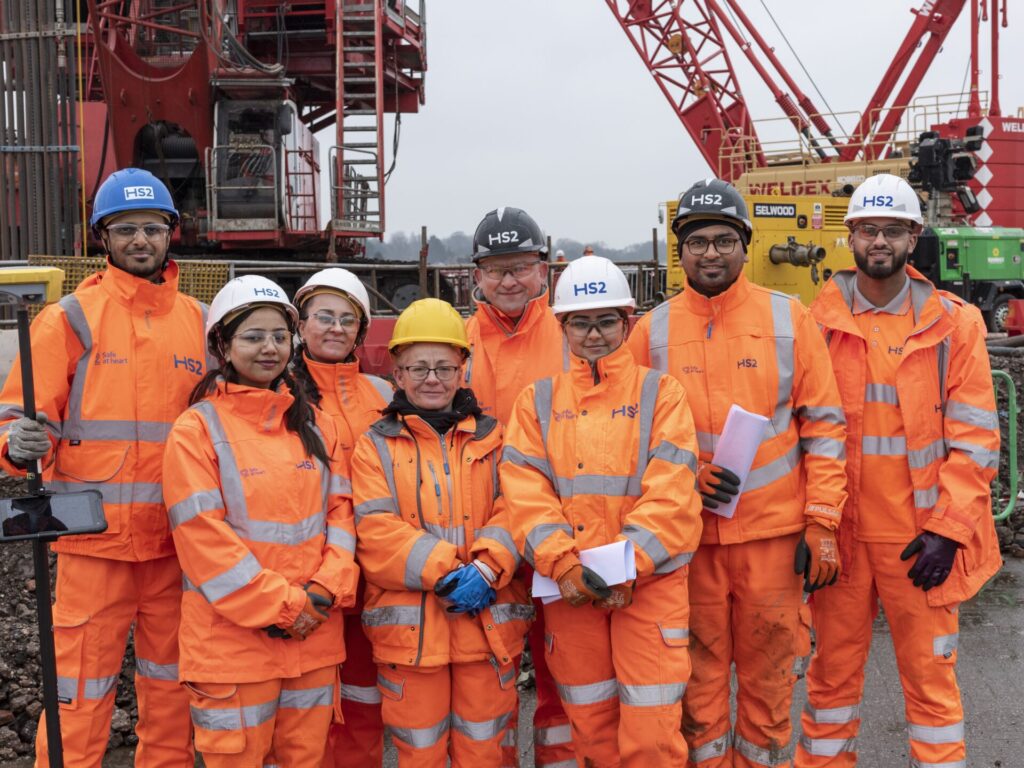Remote work has gone mainstream. According to the CIPD, 91% of employers now offer some form of flexible working arrangement. Yet while most companies pour energy into choosing the right tech and processes for dispersed teams, they often miss the biggest driver of success: attitude.
Discipline, perseverance, and a culture of trust and accountability matter far more than the platforms we use or the number of tools at hand. So, in a world where employees want flexibility, how can organisations instill the principles needed to make it work?
Rigour as a cultural value
At Deel, with 7,000 people working remotely across 115 countries, we’ve learned that thriving in a distributed workforce is not about where people are logging on from, but how they work together towards a shared goal. The highest performers in remote roles share a quiet self-discipline. They own their outcomes, set priorities ruthlessly, and deliver results while still working as part of a team.
It’s easy to assume technology is the answer to remote performance or engagement. And while staying current with tools and having solid processes in place is essential, they aren’t the defining factors of success. Once the basics are covered, tools become valuable enhancements rather than core drivers of performance.
When people think of “rigour”, they often imagine strict rules or a one-size-fits-all approach. In a remote context, it’s the opposite. Rigour means self-discipline and responsibility: teams proactively set clear priorities, deliver reliably, and take accountability for outcomes.
In a traditional office, managers and colleagues provide constant cues and reinforcement. In a remote or global setting, those cues disappear. Without personal rigour, performance can quickly slip. That’s why rigour must be embedded as a cultural expectation, reinforced from senior leadership through to new joiners, and woven into how we hire, onboard, and develop our people.
The importance of trust in a remote workforce
One of the most common mistakes organisations make is overcompensating when measuring remote productivity – tracking activity, mandating cameras on, or checking in constantly. Used too heavily, these approaches signal a lack of trust and undermine engagement.
Leaders and managers must make it clear that they trust their teams to deliver great work in the way that suits them best. That level of trust is empowering. It encourages independence, speeds up growth, and means people spend time doing the work rather than worrying about visibility.
Of course, trust doesn’t happen overnight. It requires consistent action and intentional effort. Leaders who support their people, and show faith in their judgement, create an environment where individuals feel safe to be accountable both to themselves and to their colleagues.
Letting go of control can be uncomfortable, but it’s necessary. If the results are there, leaders should ask themselves: “What exactly am I trying to control, and why?” Often, the answer reveals more about leadership habits than about the team’s ability.
Maintaining human connection
Perhaps the biggest challenge for remote workforces is maintaining a genuine sense of connection. Self-discipline and accountability are vital, but without belonging and human interaction, engagement will eventually weaken.
Few would argue for a full return to the office, but it’s undeniable that relationships were easier to build face-to-face. That’s why HR leaders and People teams must create regular opportunities for connection, whether through virtual coffee catch-ups, celebrating milestones online, or organising in-person gatherings that give everyone a reason to come together.
Human connection should never be treated as an afterthought. It drives cultural exchange, strengthens collaboration, and supports knowledge sharing. Teams can’t be expected to build these bonds without the right organisational support.
Making remote work, work
When the right mindset is paired with a culture that encourages connection, you build the foundations for a workforce that doesn’t just appreciate the ability to work from home, but is capable of delivering results anywhere. That, in turn, gives organisations the confidence to introduce remote policies without worrying about productivity, and strengthens retention as a result.
Tools and processes will always play a supporting role. But they aren’t the defining factors. The real differentiators, such as rigour, trust, and connection, may be harder to measure, but they are what make remote work sustainable and adaptable.
Get those right, and you don’t just make remote work a success, you build a workforce equipped to handle whatever challenges come next. And who wouldn’t want that?
Alice Burks is director of people success at Deel

















